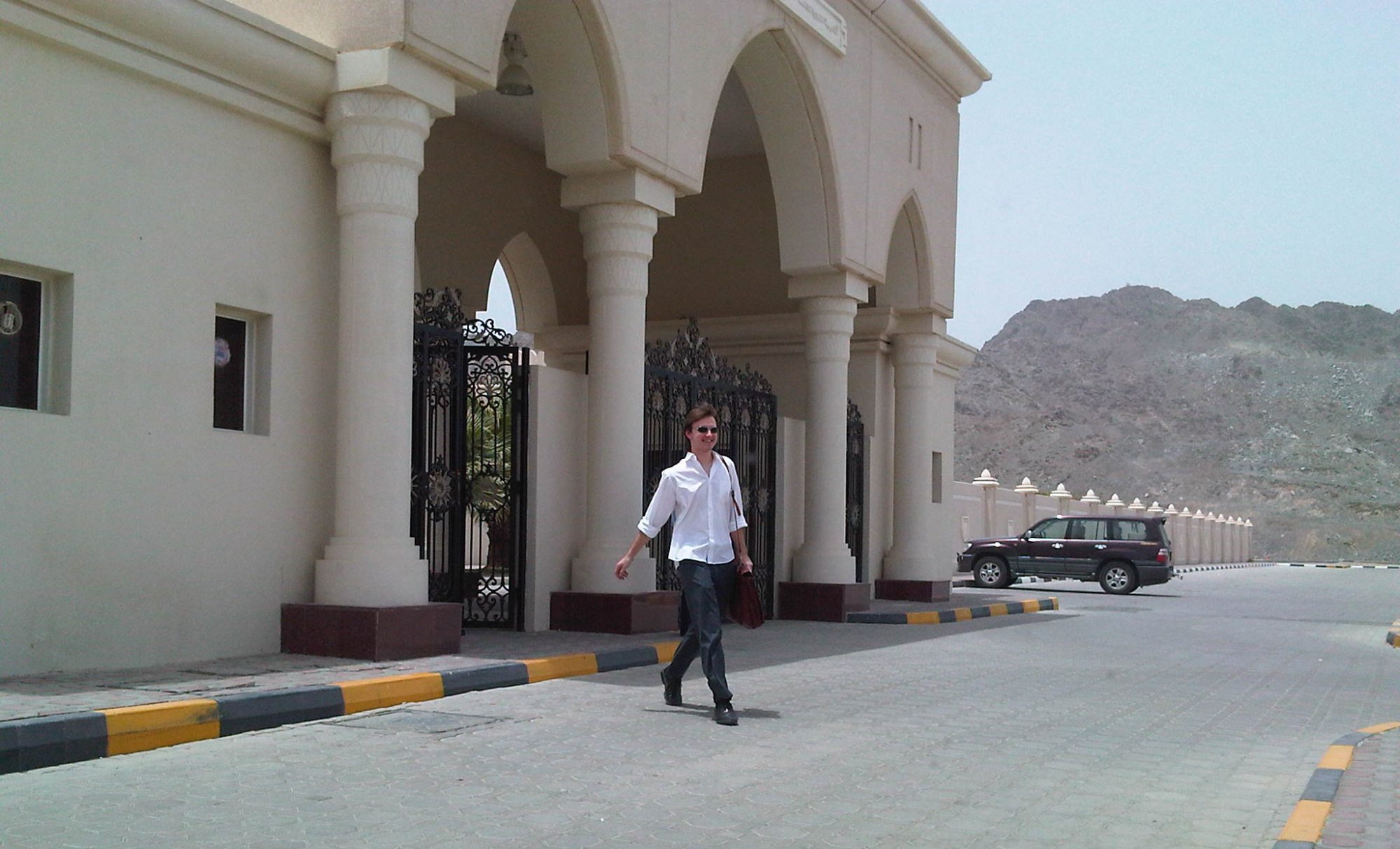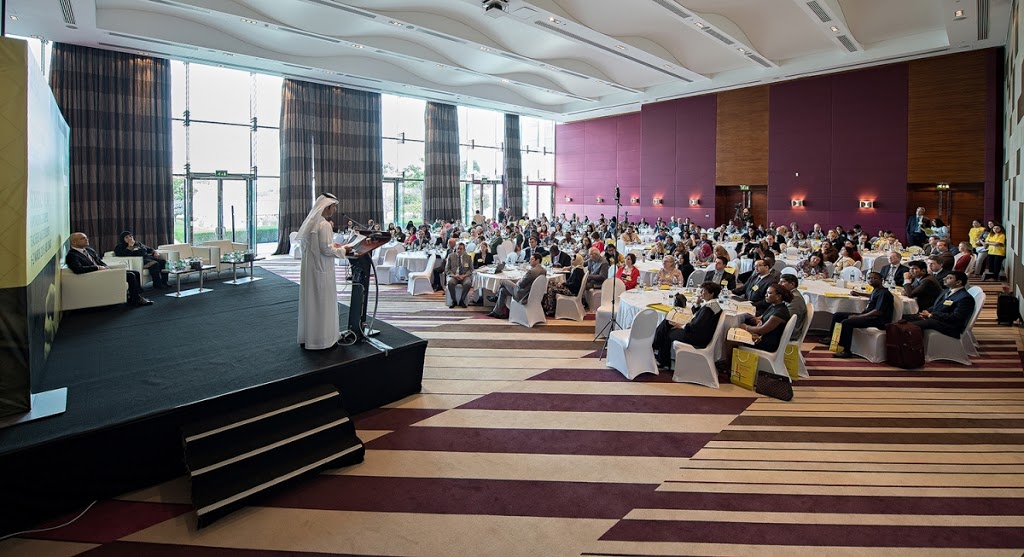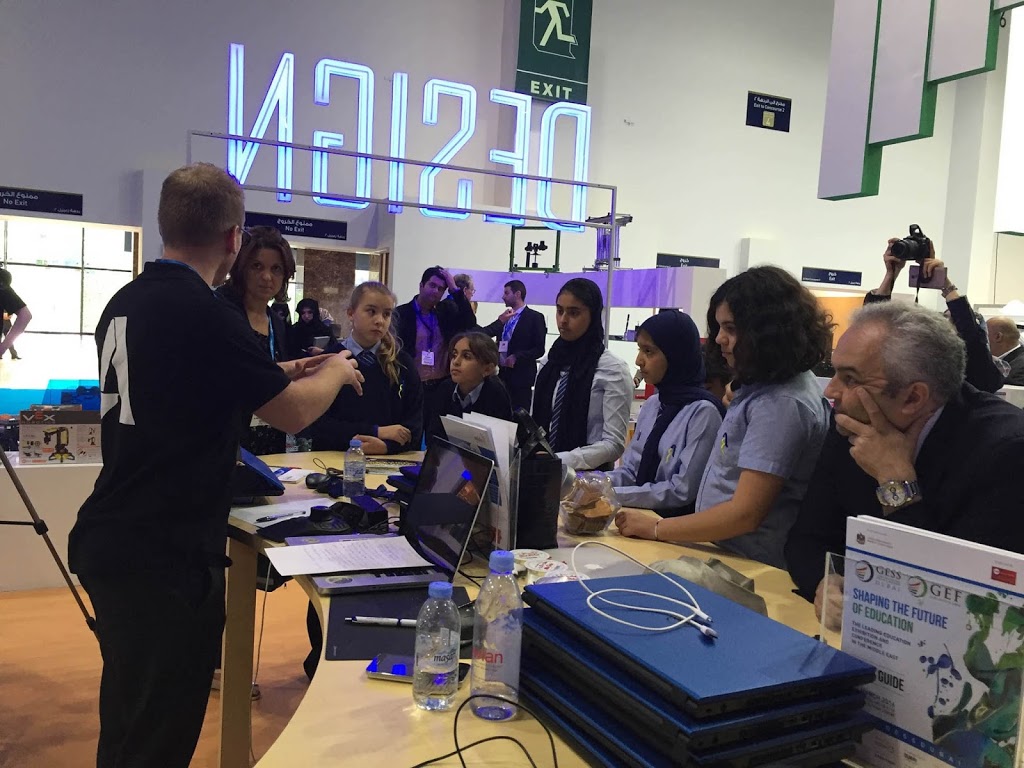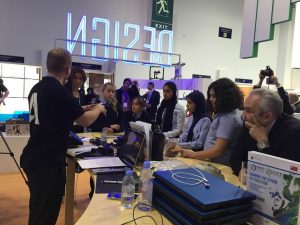British Council’s ‘Schools Now! Conference’ concludes in Abu Dhabi
Emirates Nationals Development Programme (ENDP) inducted 13,500 UAE nationals into the UAE private sector over 10 years; Goal is to reduce unemployment rate to less than 1 per cent, from the current 2.6 per cent says Executive Director
Abu Dhabi, UAE, 2 March 2016 – There are more than 350 private schools in the UAE catering to over 470, 000 students, of which 81,000 (17%) are Emirati. Interestingly, of the top 14 outstanding schools in Dubai, 10 follow British Curriculum.
These statistics were highlighted on the concluding day of the ‘Schools Now! Conference’ organised by British Council in Abu Dhabi.
The concluding day of the international event revealed that 32 percent of UAE private schools follow British Curriculum, which, according to Adrian Chadwick, Regional Director MENA, British Council, speaks volumes for the value parents place in a British curriculum schools in the UAE.
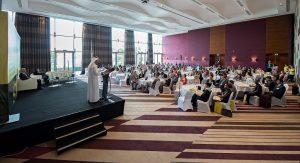 |
| ‘Schools Now! Conference’ organised by British Council in Abu Dhabi. |
The opening session on the second day was attended by Ros Marshall, CEO of Taaleem Schools, UAE, and Essa Al Mulla, Executive Director, Emirates Nationals Development Programme (ENDP), among other decision makers from the field of education from across the world.
Al Mulla revealed that ENDP has inducted 13,500 UAE nationals into the UAE private sector over the past 10 years.
He said Emiratisation is a top priority for the UAE, and added that ENDP has a goal of reducing the UAE unemployment rate to less than 1 per cent, from the current 2.6 percent (according to Dubai Statistics Centre figures) by 2021.
He lauded the British Council’s role in bringing innovative, world-class and highly relevant topics into the education arena.
The conference featured a number of keynote speeches, plenary papers, panel discussions and short paper presentations. The three Plenary sessions on the concluding day were “Redefining School Leadership– Challenging the status quo”, “Measuring Effectiveness, Improving Outcomes – what do examinations tell us?” and “Student Insight”.
The second day highlighted that for a school to be successful, the traditional head teacher/ teacher/ student hierarchy needs to be revisited and challenged. Head teachers cannot be the only leaders; teachers must do more than impart knowledge and students need to be able to take responsibility for their learning as well as the environment and culture of their school.
“We are glad that the conference has achieved its goals of focusing on contemporary approaches to empowering school leaders and teachers around the world” added Chadwick. “From the discussions that took place in Abu Dhabi over the past two days, and from the insight and relationships shared and created, the British Council will continue to work with ministries and school leaders across MENA to support greater quality in the classroom, and better learning outcomes for all.”
The conference focused on the importance of measuring effectiveness and improving outcomes as participants underscored that assessment is essential to allow learners to get the appropriate educational support and interventions and to evaluate the effectiveness of different educational pedagogies. The conference said that with the advent of new technologies, examinations should serve their role in measuring a learner’s mastery of knowledge as well as chart the ongoing growth and development in learning over a period of time.
The conference also tackled highly relevant topics such as the changing role of an academic leader as an educationalist, the leadership dynamics of contemporary schooling and the emerging role of school leaders as security administrators as well as the importance of quality assurance.
The conference in its final plenary presented the student perspective on key issues and opportunities. Speakers urged academic leaders, policy makers and employers to sit up and listen to each other for the benefit of all.
Among the participants in the ‘Schools Now! Conference’ were global leaders and experts from the British Council offices from across the globe, as well as prestigious international organisations such as Pearson, Cambridge International Examinations, UK; Royal Society of Arts (RSA), UK; Presidium Group of Institutions, India; HSBC Bank Middle East Limited plus many others. Local entities from the UAE also took part in the event, including Taaleem, UAE; Emirates Nationals Development Programme (ENDP); INJAZ – UAE and Heriot-Watt University Dubai.

